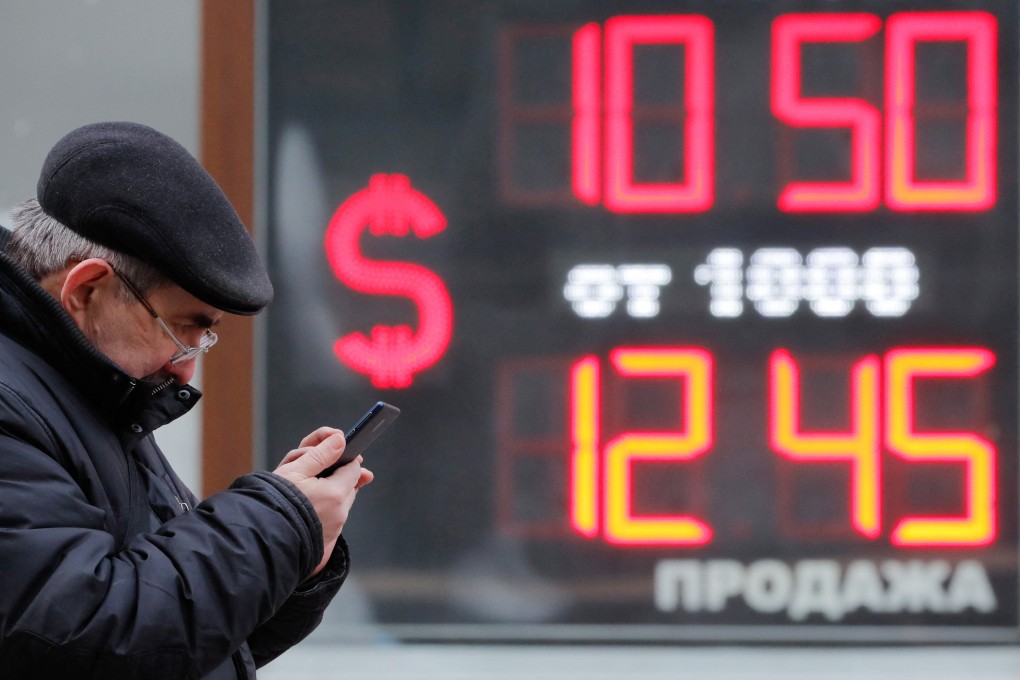Advertisement
Macroscope | China is no match for Russia when it comes to political shock to markets
- If China’s regulatory crackdown had markets worried, it is nothing compared to the impact of Russia’s war in Ukraine
- Hardest hit is Russia itself, where harsh sanctions have sent the rouble into free fall, but central banks everywhere will have to confront the risk of stagflation
Reading Time:3 minutes
Why you can trust SCMP
1

As recently as October, prominent fund managers were warning that China had become “uninvestable”. The ferocity of Beijing’s assault on private enterprise, targeting sectors ranging from technology to education and video games, prompted billionaire financier George Soros to denounce Chinese president Xi Jinping as “the most dangerous enemy of open societies”.
Any investor buying into a rally in Chinese stocks, Soros argued, faced “a rude awakening”. There were even fears that the rapidly escalating liquidity crisis at China Evergrande Group, the world’s most indebted property developer, was a “Minsky moment”, akin to the collapse of Lehman Brothers which triggered the 2008 global financial crash.
Long-standing concerns about the regulatory and governance system in China have become more acute, amplified by the government’s deleveraging campaign in the property industry, which continues to pose a severe threat to China’s economy and markets.
Advertisement
Despite signs of a shift towards looser policy in recent months, the average yield on a gauge of junk-rated dollar-denominated Chinese bonds – which is dominated by real estate developers – stands at a prohibitive 20 per cent, leaving developers shut out of offshore funding markets.
Yet, while China’s capacity to shock increased sharply last year, Russia’s ability to startle global markets is of a different order of magnitude. The unexpected decision by Russian President Vladimir Putin to launch a full-scale invasion of Ukraine has caused a humanitarian crisis and opened up a Pandora’s box of geopolitical, financial and economic troubles that are far more consequential for the world.
Advertisement
Not only does Putin’s renewed aggression towards Ukraine pose the gravest threat to the post-1945 international order, it presents an acute challenge to global policymakers in their efforts to quell the post-pandemic surge in inflation without damaging the recovery.
Advertisement
Select Voice
Select Speed
1.00x
